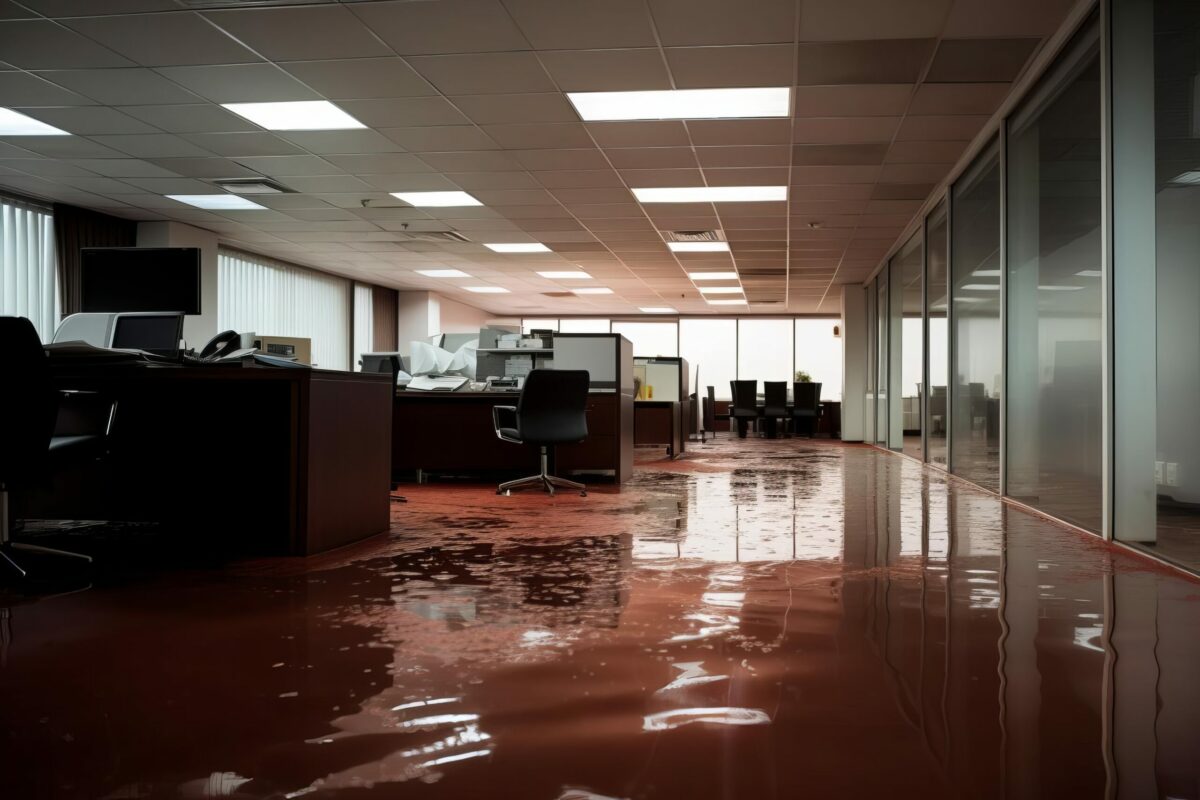You might have heard the news: this season is gearing up to be the most intense hurricane season we’ve seen yet. Coupled with the increase in major weather events, like tornadoes, wildfires and earthquakes, we’ve got disaster preparedness on our minds. When a devastating natural event occurs, your top priority is the safety of your loved ones and whether or not your property has been damaged. Less topical but still important are the tax considerations of these unfortunate events and that’s what we are here to discuss today.
If your home or business has been badly damaged in a weather event, it can be difficult to file your taxes on time or access the records needed to file correctly. Even after a major storm has passed, things like retrieving receipts from vendors or even important mail like 1099 forms can become difficult or downright impossible when there is widespread damage. For this reason, the main support offered by the IRS is an extension to file your taxes. You can also be offered an extension to pay your taxes. This means that you will have additional time past the typical April 15th due date to file your taxes and any interest that would normally be added to late payments would be waived. Both of these things will happen automatically if you are located in an area deemed a major disaster, and you won’t have to file any additional paperwork for eligibility with the IRS.
The question now arises: which areas are deemed major disasters in the eyes of the IRS? An area must be first acknowledged as a major disaster by the Federal Emergency Management Agency (FEMA) in order to be authorized for taxpayer assistance by the IRS. Specifically, the president of the United States has to make that decision. However, to qualify for tax filing and payment extension support, you don’t have to be living in that federally designated area as long as your business, sole proprietorship or S-corp is located there. In some cases, if your tax preparer is located in a FEMA natural disaster zone and is unable to file on your behalf, you might qualify as well.
Another potential avenue for support is a casualty loss deduction, which you are eligible for if you have damaged or lost property as a result of the natural disaster. You may claim this deduction on either your prior year return as an amendment or on your current-year return. There are many considerations about which return would be more beneficial that your tax preparer can walk you through. Finally, you also might be eligible for a disaster loan or grant from the Small Business Administration. This would be one-time financial help to business owners, nonprofits, homeowners or renters located directly in the designated disaster area.
The aftermath of a natural disaster can be stressful, emotional and chaotic. With so many things to consider, it can be easy to let something like your tax preparation fall through the cracks. Luckily, there are some options from the IRS and SBA that can help ease the difficulty of the transition. While we’ve provided a birds-eye view of some potential solutions, there are many intricacies involved in loss of property, valuation and the role of insurance that can affect these solutions. If you have been affected by a natural disaster, it’s best to speak with your trusted tax advisor who can guide you through the best options and the support available to you. At ClarkSilva, we’re well-versed in tax matters large and small and would love to answer any questions you have. Contact us today!

Stay In Touch